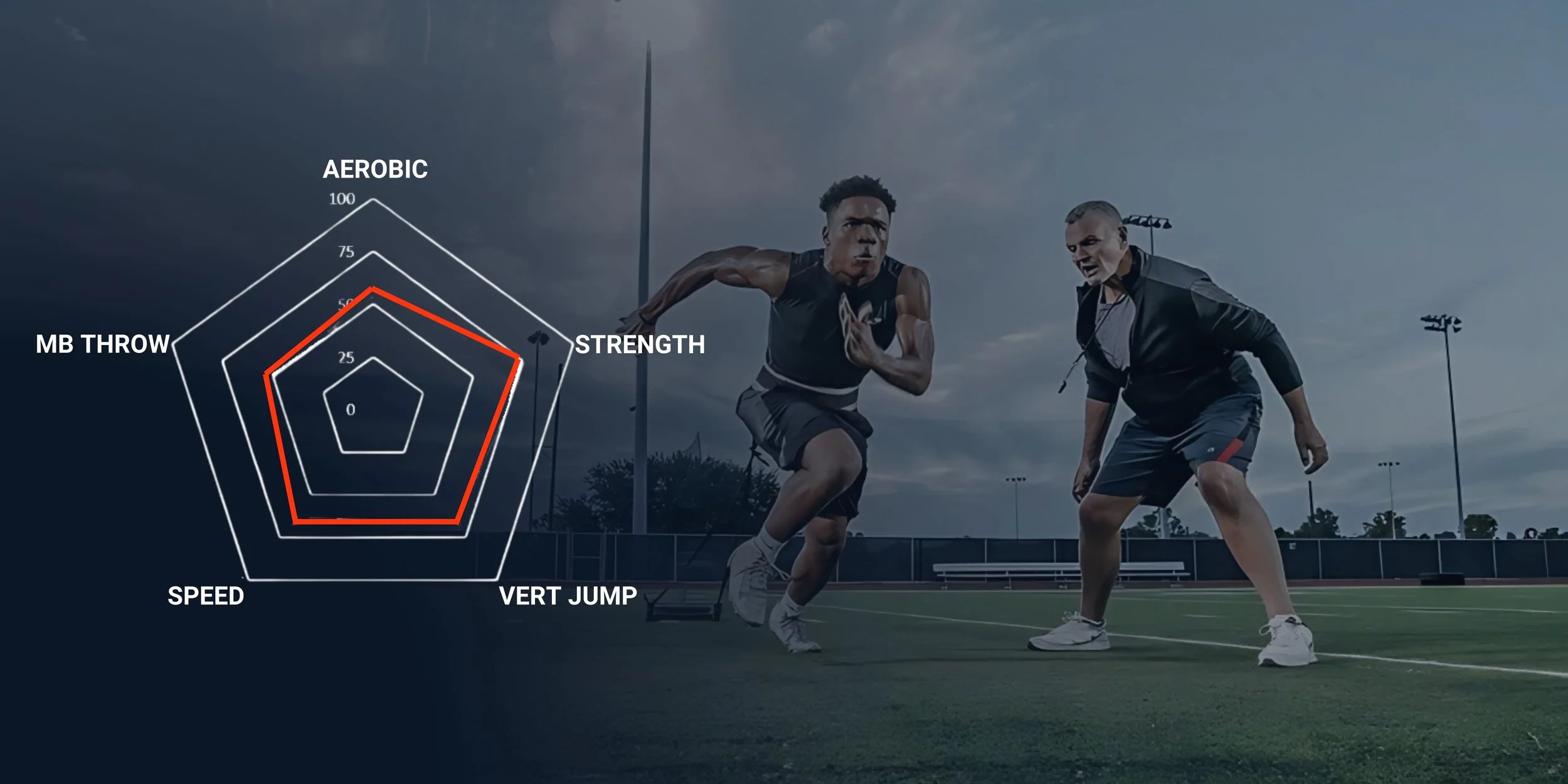From Super Bowl Sunday to Combine Season: Rethinking Athleticism and Testing
/As the NFL Combine approaches, the spotlight is on athleticism, athletic testing, and training methods. For sport coaches, trainers, and strength coaches, knowing how to define, measure, and develop athleticism is essential. This article explores the evolution of athletic testing and how modern technology is reshaping performance training, helping coaches optimize athlete development.
Read More













